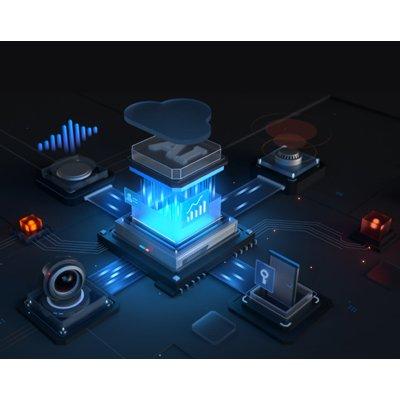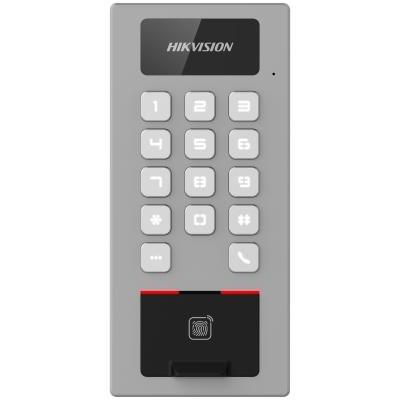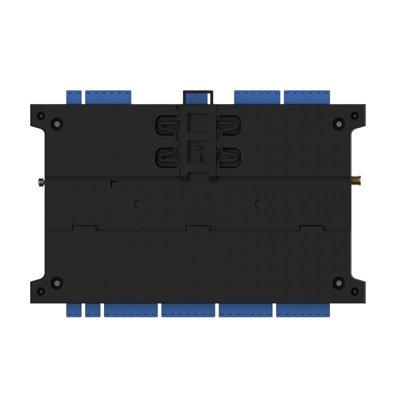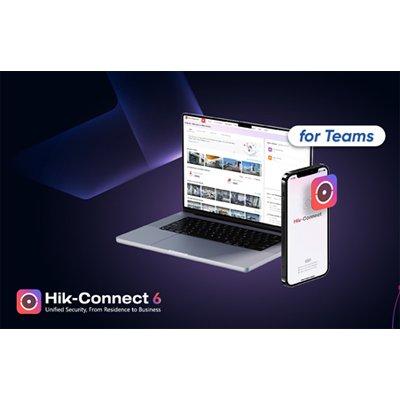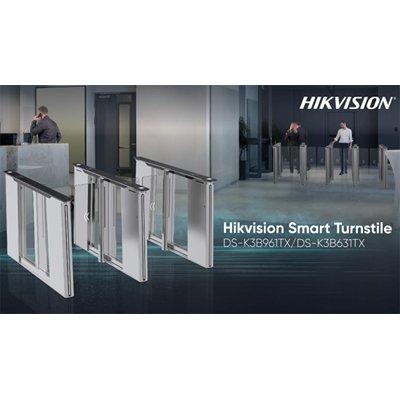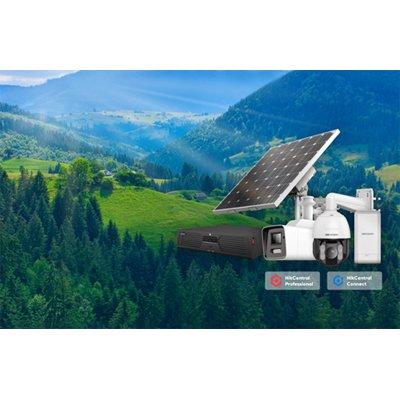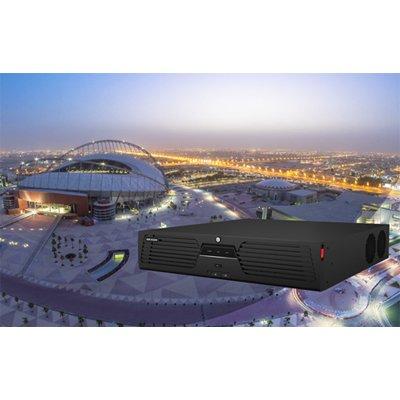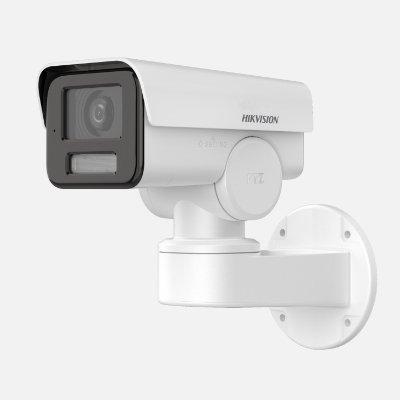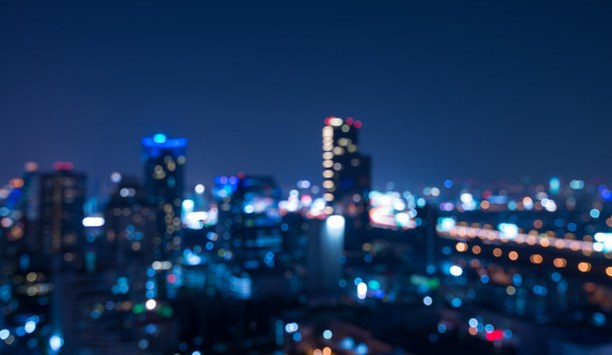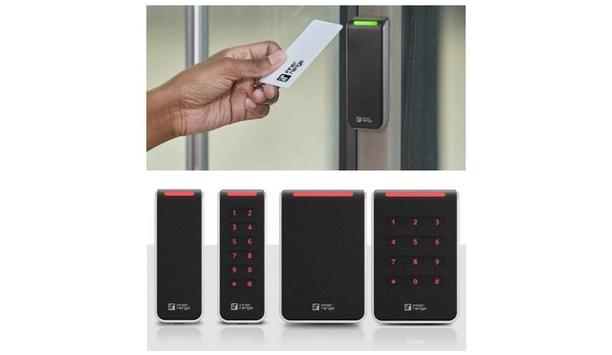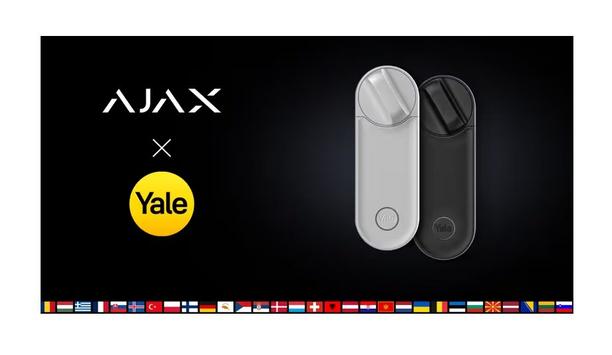Organisations worldwide are witnessing the power of cutting-edge video to drive a return to business as (almost) usual. But while the technology itself is vital, it’s only one part of the process. In this blog, we explore the Health, Safety and Welfare Policy that businesses should operate alongside their technology investment.
Intelligent AI-powered cameras
Intelligent AI-powered cameras provide vital screening services to organisations striving to get people back to business. These cameras can measure someone’s skin temperature and check if they’re wearing a mask or not, along with carefully monitoring crowd density and flagging when there are too many people in a certain location. These cameras also accurately measure the distance between people, helping to uphold local social distancing regulations.
Intelligent AI-powered cameras provide vital screening services to organisations
But for this technology to deliver its full potential, businesses should also consider key HR and legal matters that may affect all those coming into view of the cameras. These considerations can be woven into a custom Health, Safety and Welfare policy, which is understood and adhered to by all. Some of the key health and safety considerations that businesses should adopt include:
- Make sure your staff are on hand and informed
First of all, you need to ensure that there are staff available to support the screening process at your premises, and that they know exactly what they’re expected to do.
Consider temperature screening, for instance. Who is going to be present to monitor temperature readings? And if someone does have a high temperature, what happens next? Moreover, what will you do if someone objects to having their temperature screened? Such things need careful consideration.
Flow control and mask detection
Equally, when it comes to mask detection, will you have members of staff on hand to guide people towards your mask detection cameras? And if the camera finds no mask, will you provide one? For flow control, it’s vital to consider how many people you can safely accommodate on your premises at any one time.
You also need to have a policy for what happens if people still proceed to enter a location that has reached full safe capacity. And if the system sounds an alert to one or more individuals, asking them to maintain social distancing, one key question is: how will you go on to enforce this?
- Consider employee consent and privacy
If you decide to use facial recognition for employee access control, this technology will reveal ‘personal data’
It’s also vital that staff fully understand that they are being screened, and that they agree to it before you do it. You should clearly inform employees of the video technology, the nature and extent of the monitoring, and its purpose, clarifying what has changed from your normal policies. It’s recommended to get official written employee consent for being screened.
If you decide to use facial recognition for employee access control, this technology will reveal ‘personal data’, which is defined as ‘processing personal data’, and privacy regulations apply (such as GDPR regulations in the European Union).
Consent to deploy facial recognition technology
Consent for processing facial images is essential, so you must obtain it from each employee, who should be clearly advised that this data will be used only for future access control and time attendance management. Employees should also be given the option to withdraw their consent in the future if they change their mind.
The data of a human subject’s body temperature generated during automated temperature measurement is not defined as a ‘personal data’ under certain data protection laws. However, it cannot be ruled out that data protection law does apply in the case that it’s possible, even subsequently to identify the people passing the cameras.
- Tailor your policy to your business
It’s important to check changing guidance and requirements for your geography regularly
Of course, every business is different. So when devising your own health and safety procedures, it’s vital you tailor each element to your business, your environment and your policies. What’s more, it’s important to check changing guidance and requirements for your geography regularly. You may want to consider getting legal advice, so that you get this part of the process absolutely right.
Back-to-Business eBook
At Hikvision, we have endeavoured to optimise our products and help our customers reduce the compliance risks regarding data protection law. What’s more, we recognise that technology is only one part of the back-to-business story.
That’s why we’ve produced a Back-to-Business eBook that overviews our camera portfolio, explains how to install them for the best results, and outlines the health and safety considerations for using them.


